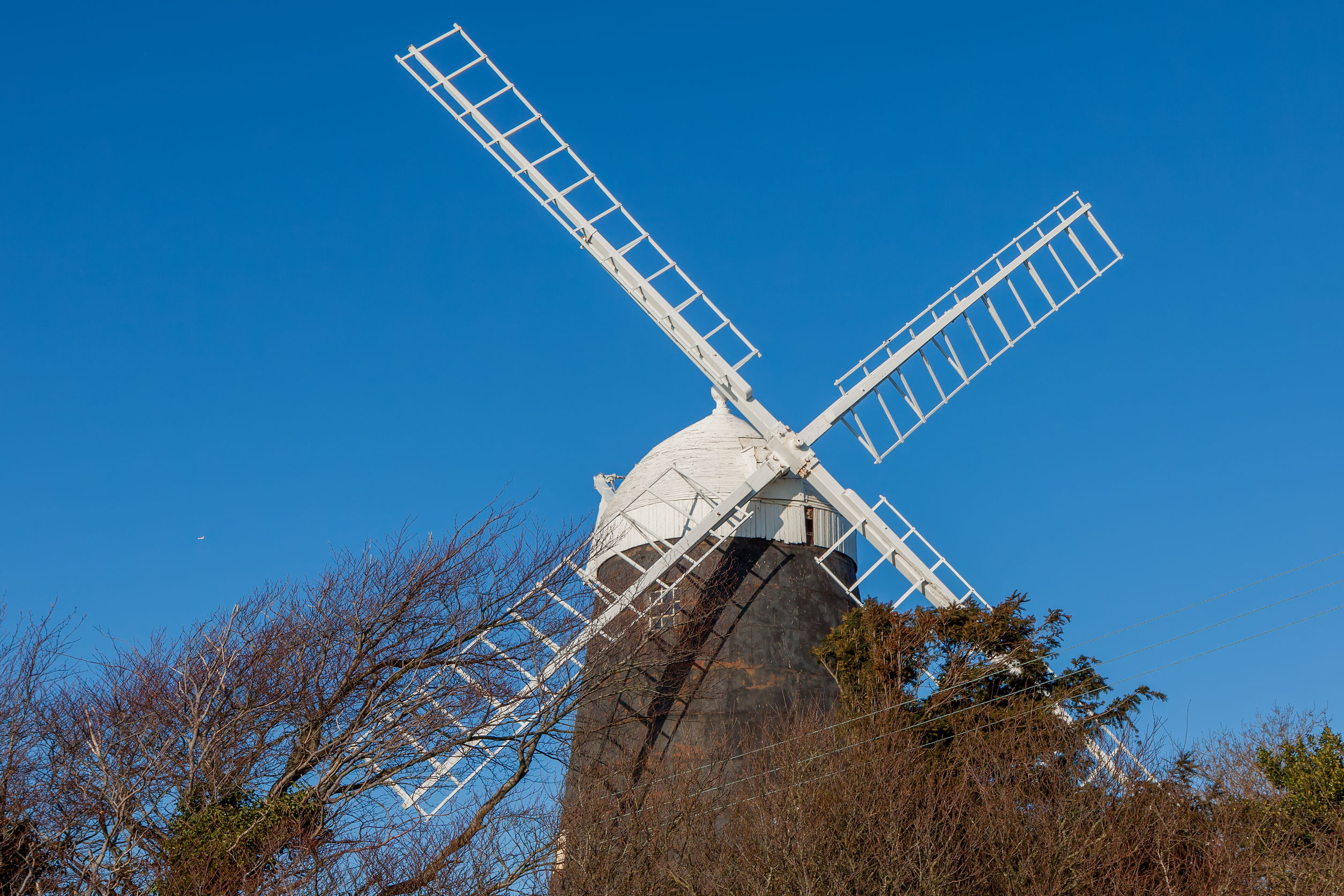
Explore your roots
With over 3,000,000 records

Explore your roots
With over 3,000,000 records

Explore your roots
With over 3,000,000 records

Explore your roots
With over 3,000,000 records
Men (and a few women) are listed with their Assessment and Payment which is totalled for each Parish. This tax replaced the earlier relief in Edward VI's reign and was the fourth payment in 1552 of the original tax of 1549. It was levied on goods worth more than Ten Pounds for native-born and double that for foreigners. Aliens (and denizens without moveable goods worth between 20 shillings [£1] and £10) were assessed and paid 12d (pence) in the pound (5%) or a poll tax of 8d per head if they did qualify on moveable goods. Transcribed from the original records in the National Archives, together with an Introduction and Surname Index as well as Search Instructions and some Links to other Websites.
Sussex is fortunate in having a number of taxation records from medieval times that have appeared in print. The earliest Sussex taxation return that contains the names of individuals is that covering the subsidies of 1297, 1327 and 1332. The records of the Sussex Poll Taxes of 1377, 1379 and 1381 surviving for only a small part of the county have also appeared in print. The Sussex Lay Subsidy of 1524-25 on the laity has also been published.
Unpublished to date is the Free and Voluntary contribution from laity and clergy granted on 16 May 1546. This was a rate of 4d in the pound by all those holding lands to the value of 40s per annum or more, and 2d in the pound on goods worth £15 or more; it was payable monthly for 5 months. Household servants without independent landed holdings of at least £10 per annum or at least £15 worth of goods were exempted.
Edward VI's first parliament opened on 4 November 1548 and on 12 March 1549 granted a 'relief' over three years. The 'relief' was similar to a subsidy and initially was a poll tax on sheep and a purchase tax on cloth and did not include a tax on income from land. The relief was difficult to assess and in January 1550 the tax on sheep and cloth was replaced by a further fourth year tax on goods. Individuals with goods worth more than £10 were taxed on them at 1s in the pound if they were native born and at double this rate if they were foreigners. Aliens, including denizens without moveable goods worth between 20s and £10 were assessed and paid 12d in the pound or if they did qualify on moveable goods then a poll tax of 8d per head.
Transcribed by Michael J Burchall, FSG, .pdf reader is required. Published by Parish Register Transcription Society.
